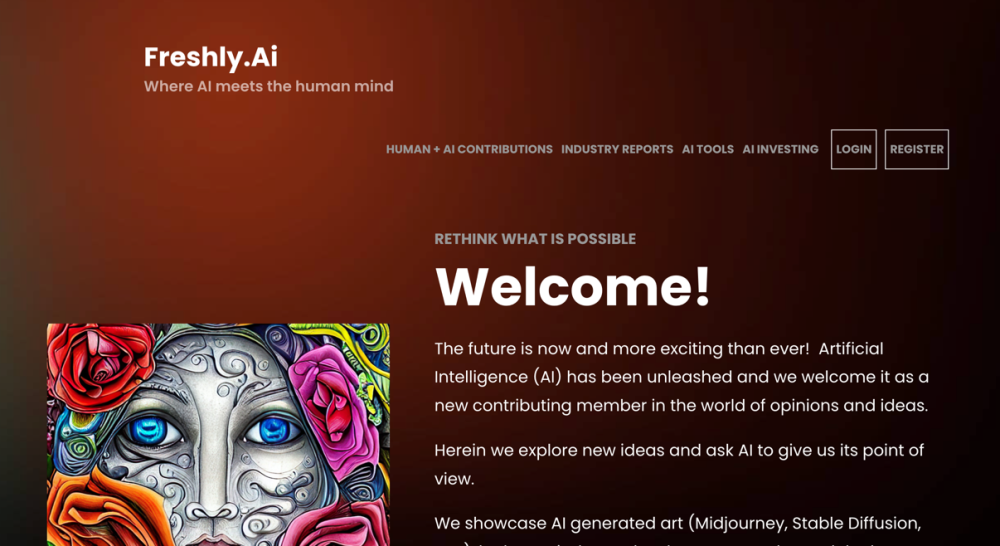Nearly three years after the proposal of draft rules, lawmakers in the European Parliament have officially approved the AI Act. This decision, arriving a month earlier than anticipated, marks a significant milestone in establishing the first comprehensive regulation governing high-risk AI systems, transparency for AI interactions with humans, and AI applications in regulated products.
The AI Act, which required this final endorsement from the EU Parliament, is expected to take effect in May. Brando Benifei, an Italian lawmaker and co-lead on the AI Act, characterized this event as "a historic day" during a press conference.
Experts highlight the importance of this news for U.S. companies, which must navigate compliance with the EU AI Act while advancing their AI adoption strategies. Steve Chase, vice chair of AI and digital innovation at KPMG US, stated, “The EU AI Act will have far-reaching implications not only for the European market but also for the global AI landscape and U.S. businesses.” He emphasized the need for U.S. companies to implement the necessary measures to comply without stalling their generative AI initiatives.
Forrester Principal Analyst Enza Iannopollo remarked, “Whether welcomed or not, this regulation positions the EU as the ‘de facto’ standard for trustworthy AI, risk mitigation, and responsible AI. Other regions will likely need to catch up.” She noted that the expedited voting process highlights the urgent need for regulation in this rapidly evolving field.
The act’s extraterritorial implications, significant penalties, and extensive requirements across the AI value chain indicate that most global organizations utilizing AI will be required to comply, with enforcement of certain provisions commencing later this year.
“There is a lot to do and little time,” Iannopollo explained. "Organizations must form their ‘AI compliance team’ immediately. Effectively meeting the requirements will necessitate robust collaboration across various teams, including IT, data science, legal, and risk management, alongside strong support from the executive team.”
While major foundation model companies like OpenAI, Google, and Anthropic have yet to comment on the EU AI Act's approval, other tech leaders have expressed support.
Christina Montgomery, Vice President and Chief Privacy and Trust Officer at IBM, praised the EU’s risk-based approach, stating it aligns with IBM's commitment to ethical AI practices and fosters open and trustworthy AI ecosystems. She affirmed IBM's readiness to provide technology and expertise, including the watsonx.governance product, to assist clients and stakeholders in complying with the EU AI Act and future global legislation.
Eric Loeb, Executive Vice President of Global Government Affairs at Salesforce, commented in a blog post that creating risk-based frameworks like the EU AI Act and promoting commitments to ethical and trustworthy AI can drive substantial positive change. He commended EU institutions for their leadership in this critical area.





